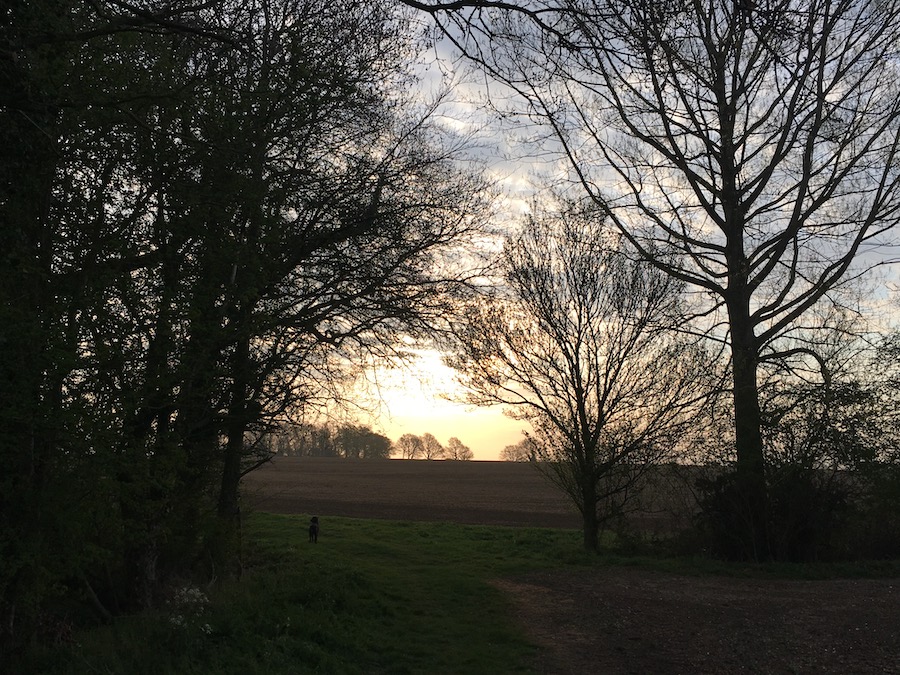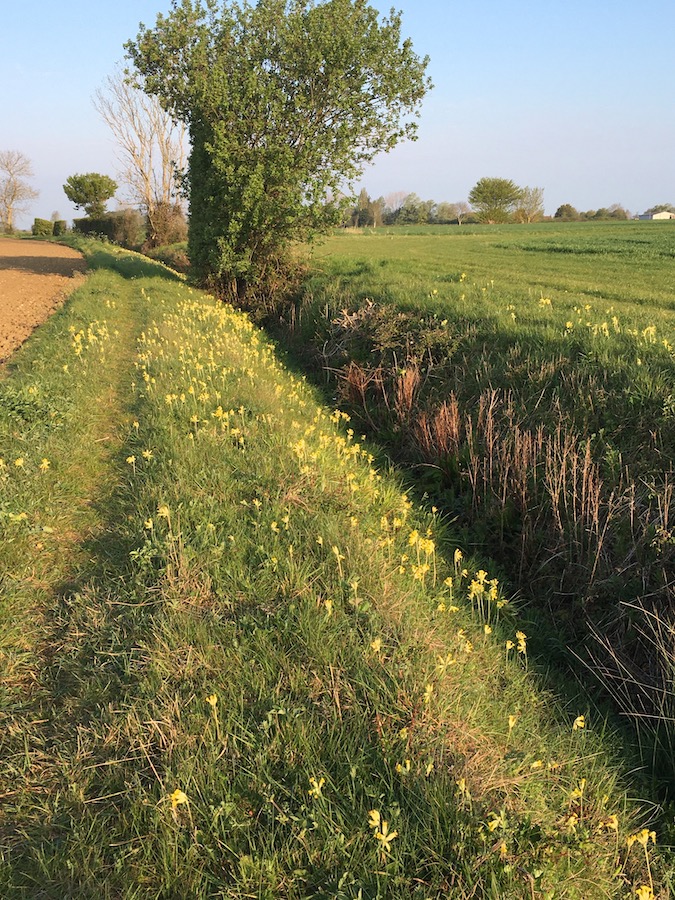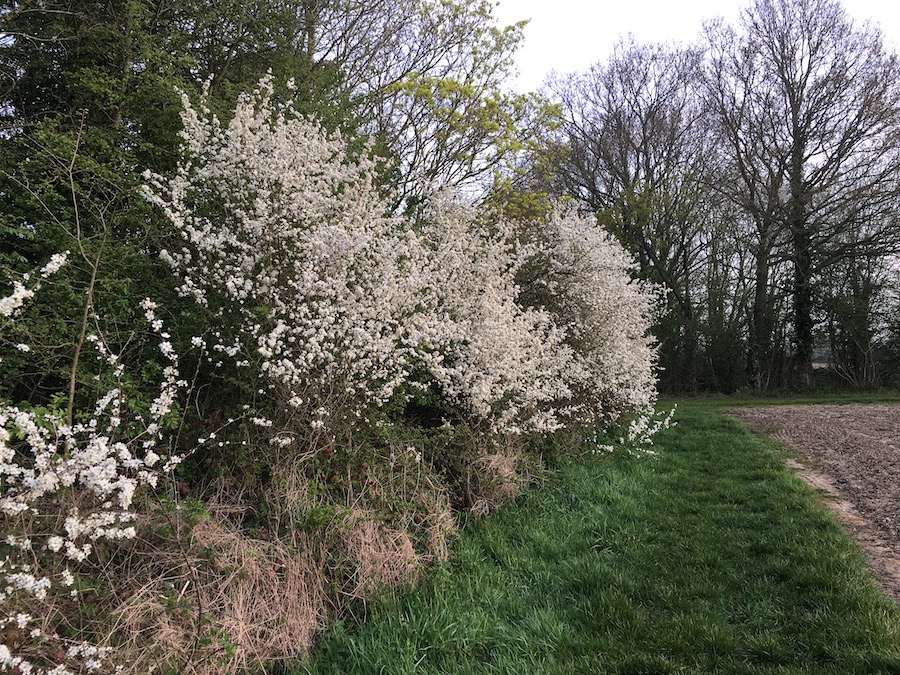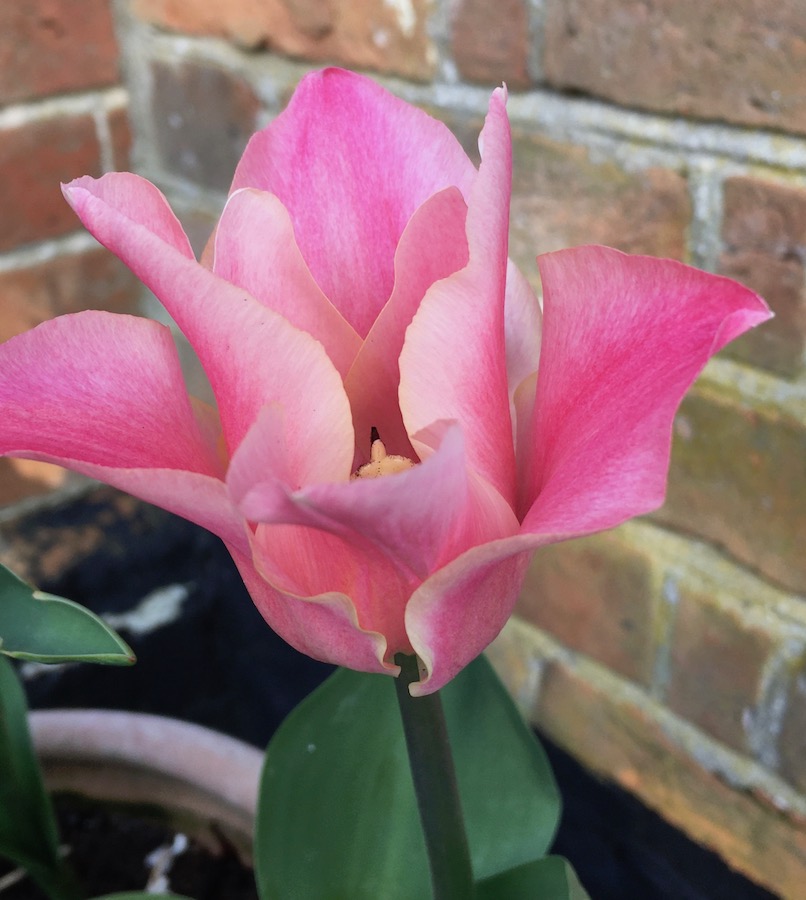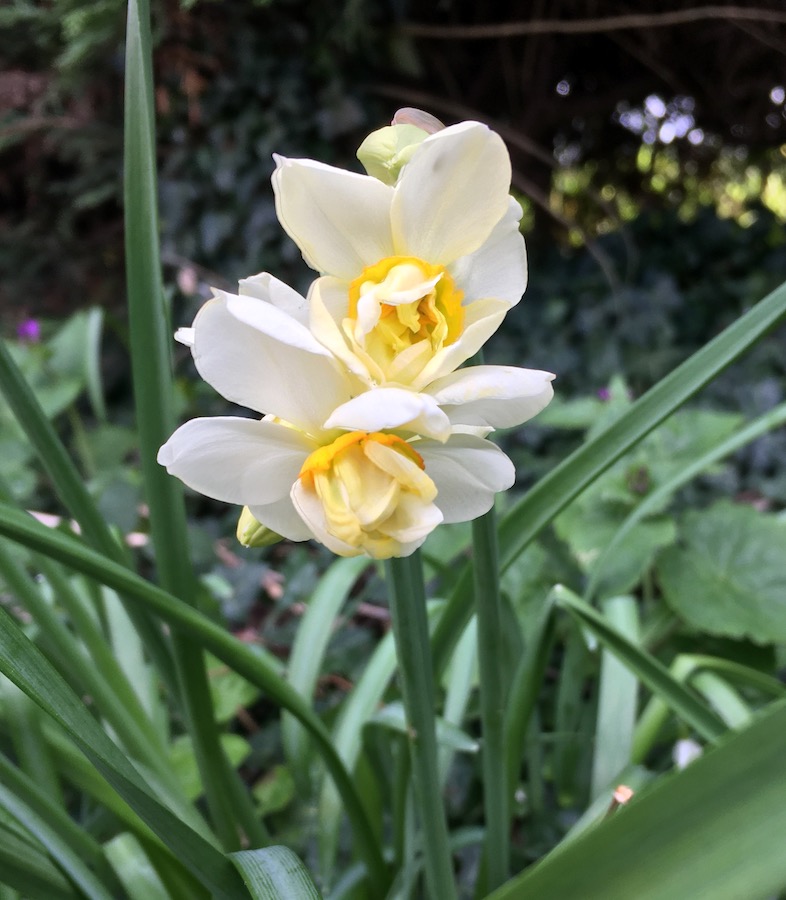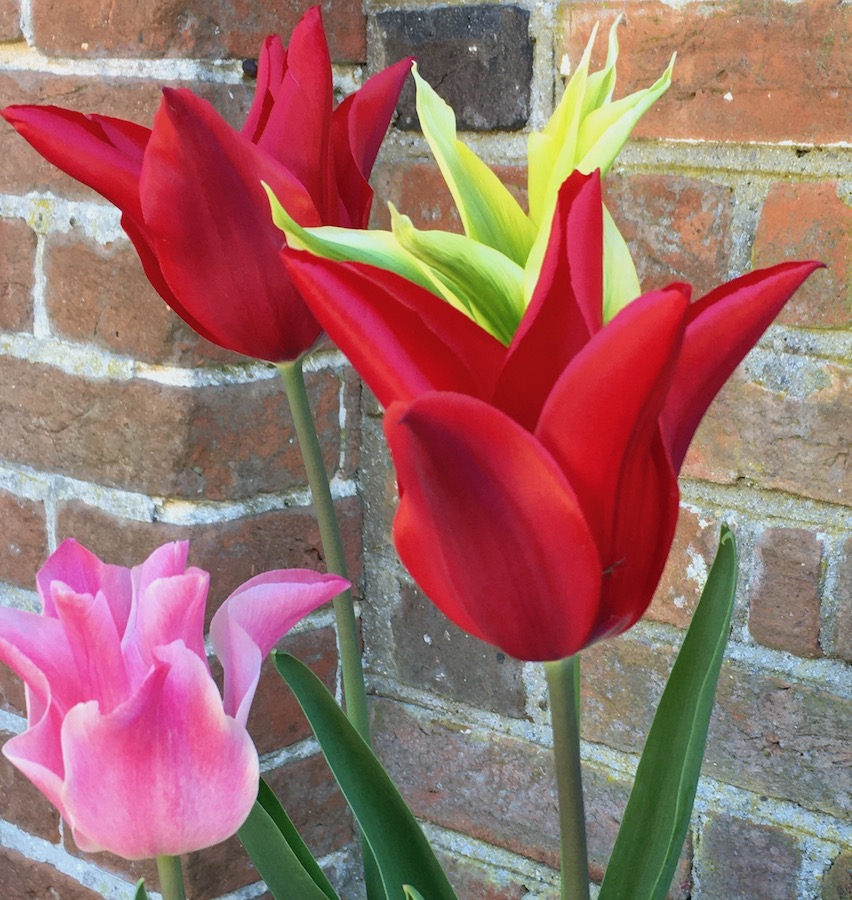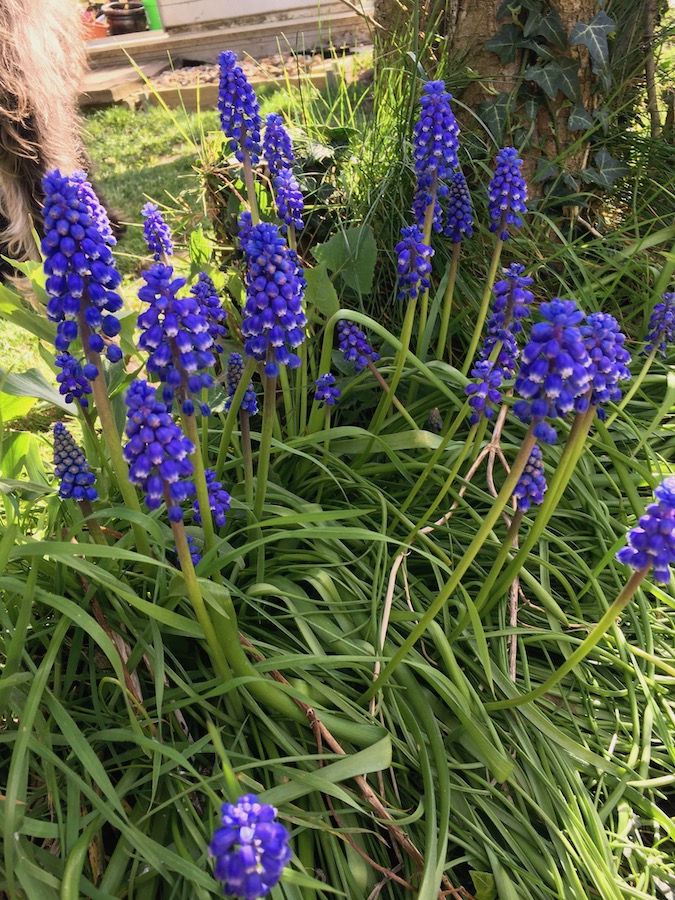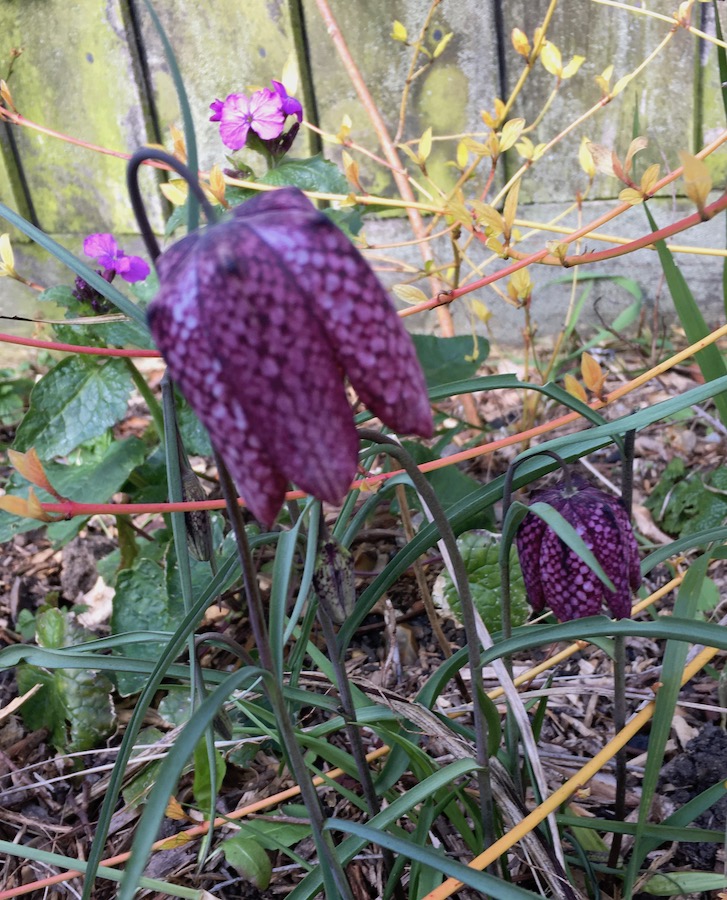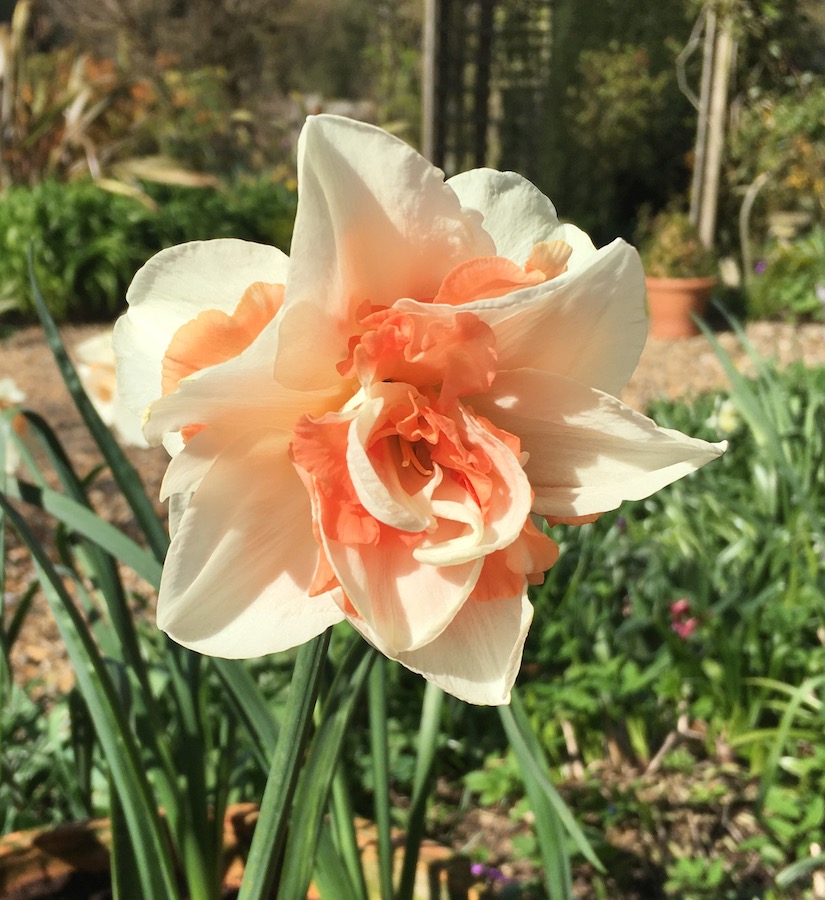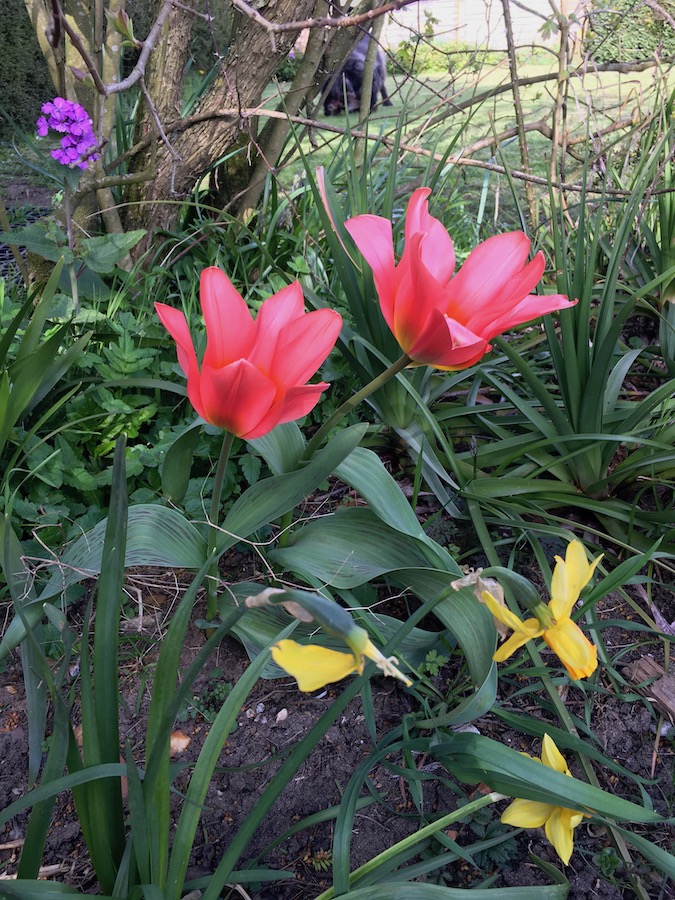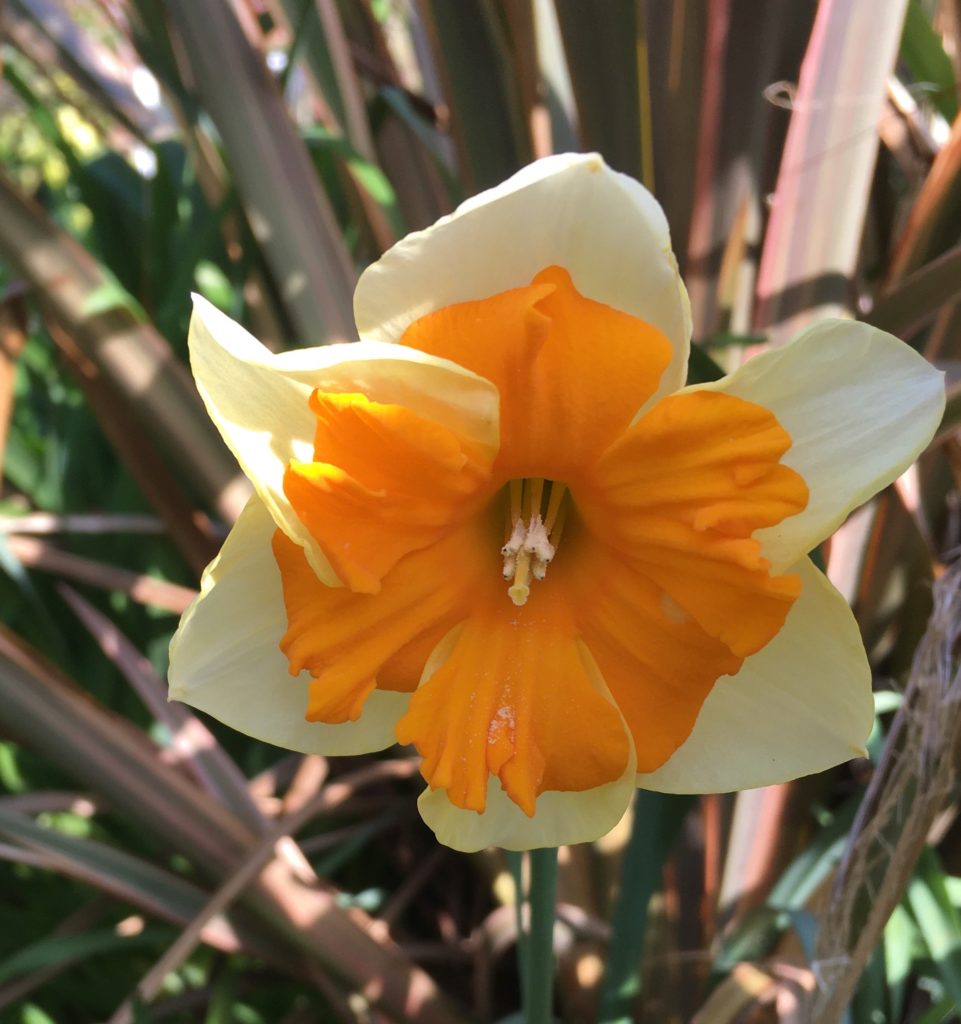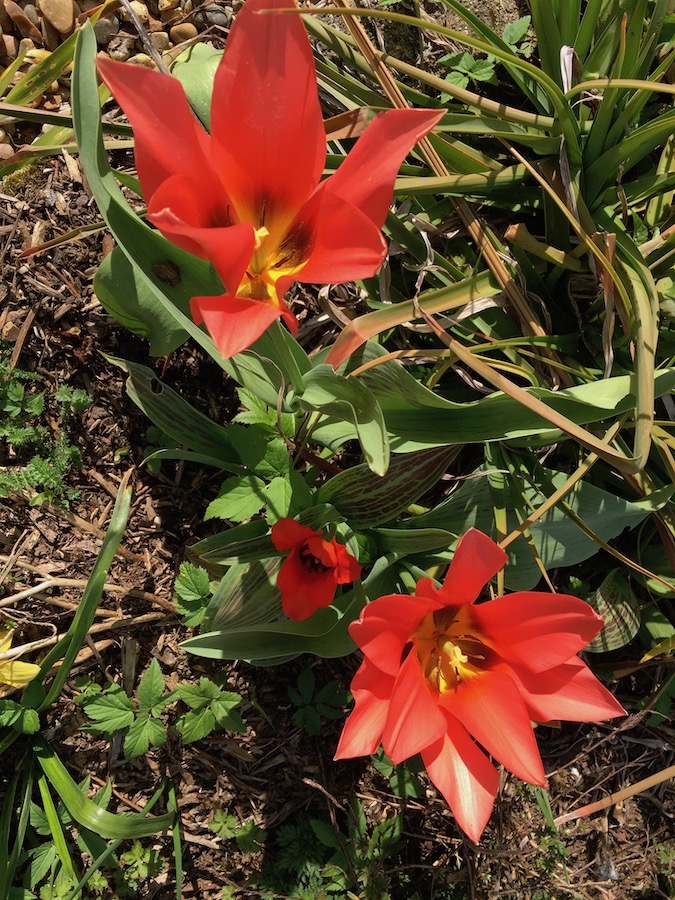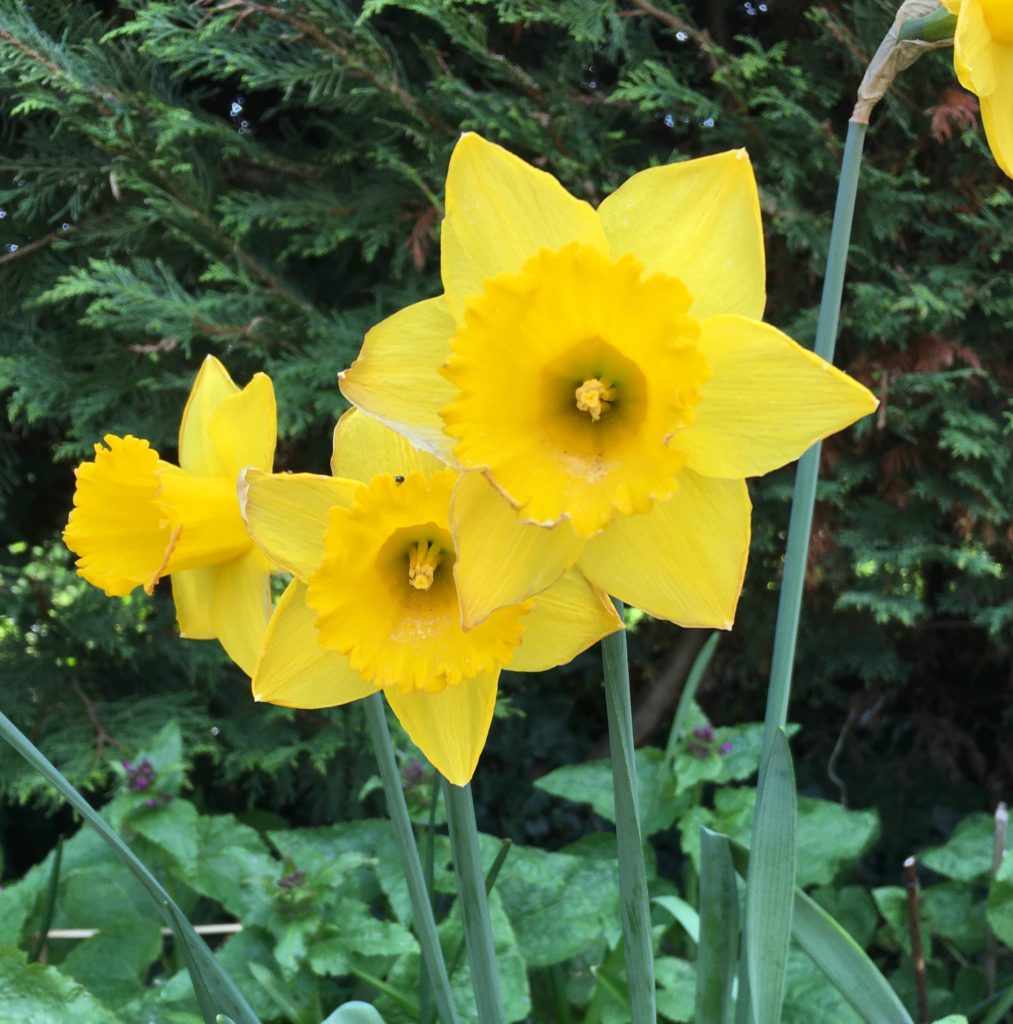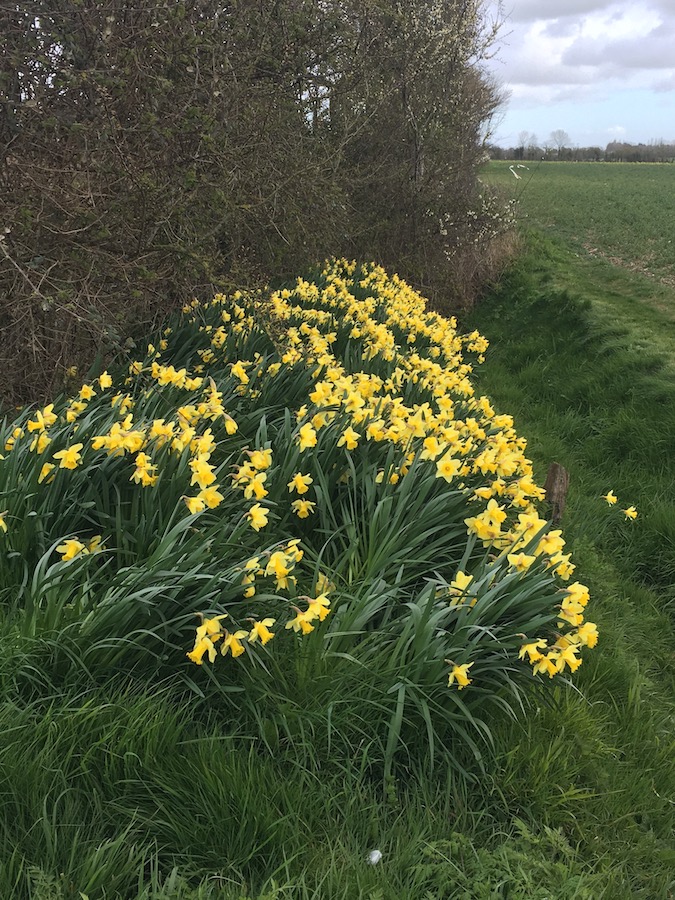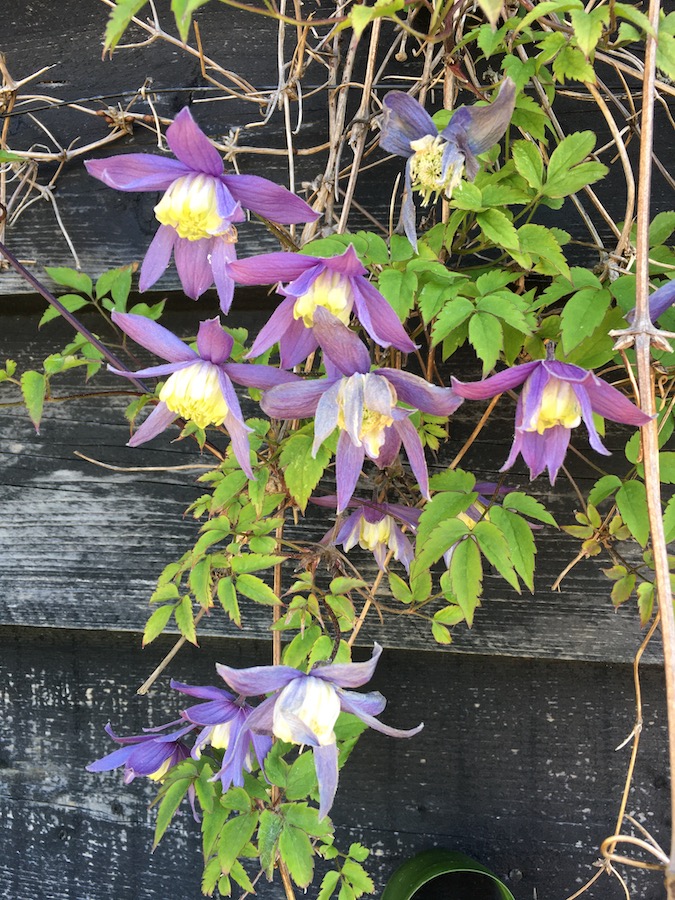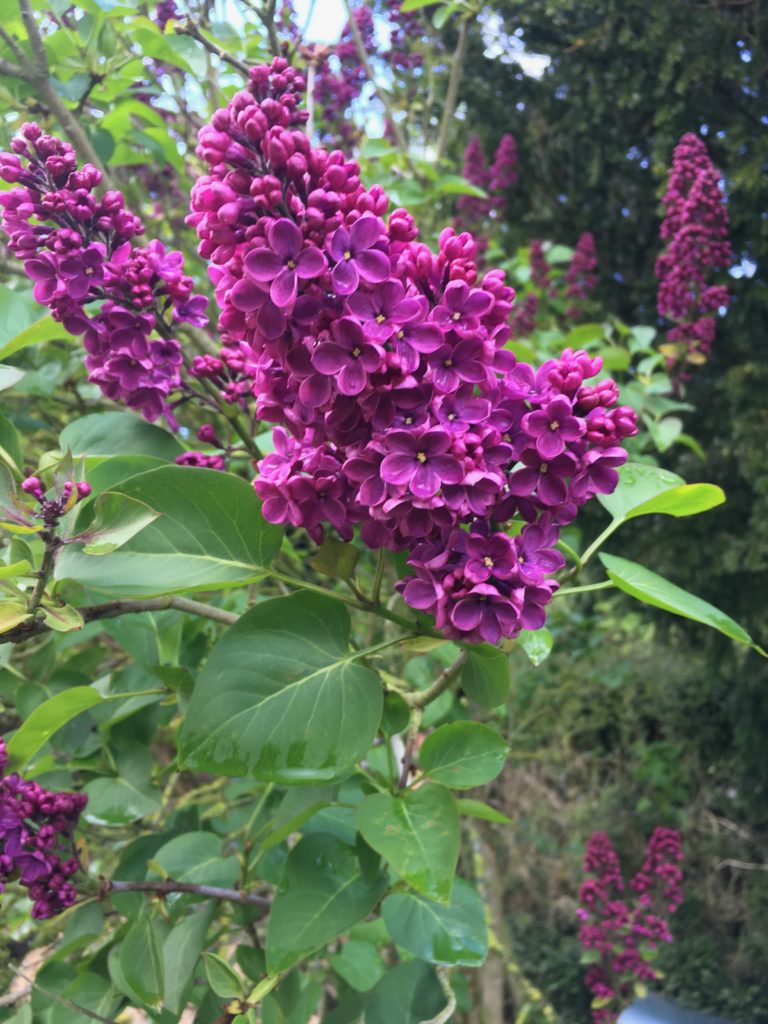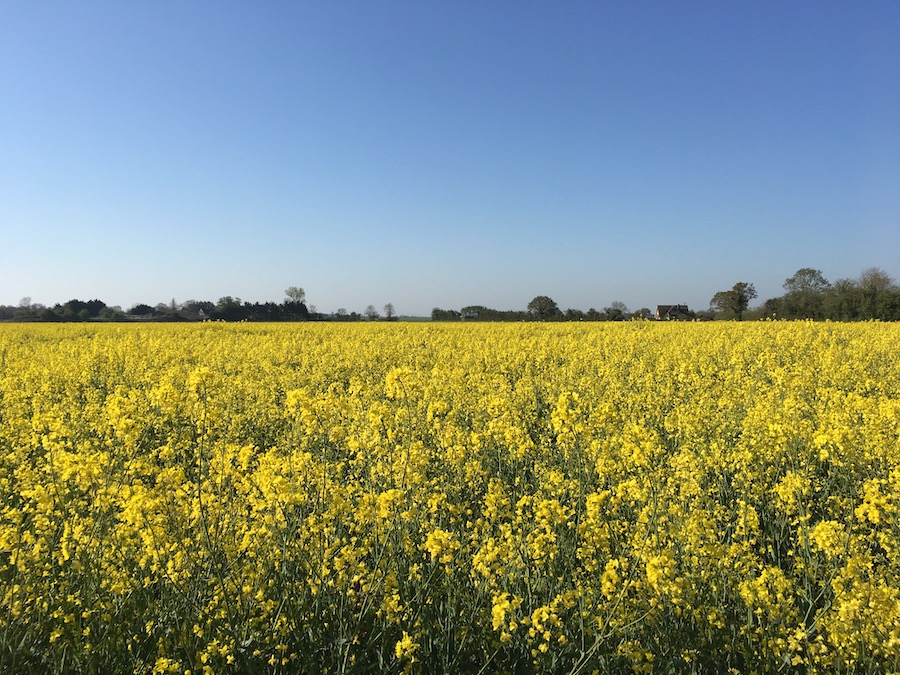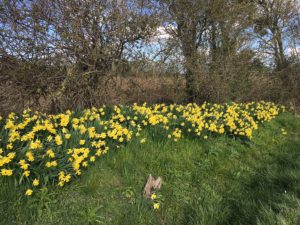
The year rushes on, but down a path no-one in living memory has travelled. Where it goes nobody knows. There is no road map.
I do not wish, in a blog of my privileged life in rural Suffolk, to make this into some latter-day journal of a plague year, and those who know me will guess at my feelings about mistakes our leaders may have made in facing this crisis. History alone will give us a clear perspective. Moreover, it feels indecent this month to write of glorying in the beauties of this most lovely of all springs when all around there is illness, death, suffering, poverty, domestic violence. Unseemly indeed, when we read of – for example – a young NHS worker stabbed to death, just before the funeral of his father, who died from Covid, by a gang wearing medical-type masks.
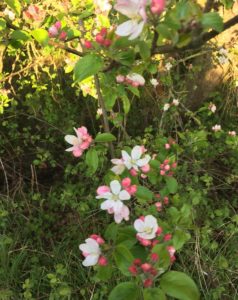
It seems so distant from this paradise where we are untouched by it all, isolated from the realities of pandemic Britain, and yet not far away there is a hotspot of Covid deaths and hospitalisations. Despite these, there seems to have been a shift from a month ago, when fear stalked every outing, when the slightest slip – a door carelessly touched, a cough from someone in a queue – could spell sickness and maybe death. Lockdown in deep Suffolk has bred a potentially dangerous sense of immunity from it all, insulated from the intensive care units with their exhausted and ill-equipped staff, from the full mortuaries, from the breeding grounds of disease and death that are our old people’ homes. Here I am cocooned and cared for – a supposedly vulnerable septuagenarian. The drawbridge is up; the portcullis down.
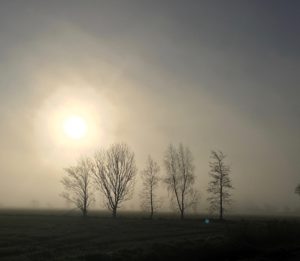
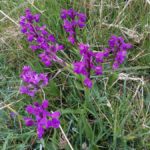
And, as such, I live in a world which has shrunk to the confines of my garden and to the Common, and walks beyond far over the fields, long walks beginning with the sun which rises ever earlier on what has been an idyllic world. Those solitary miles with the dog have seen the transition from early spring with trees still skeletal to full leaf, from bare earth to greens which no artist’s palette could ever capture, filtering the early light. The primroses are now drowning in the rising lushness of new grass, the cowslips abundant on banks and in meadows after a winter of rain, the orchids on the Common bright magenta among the yellow of buttercups. Now the blackthorn in the hedges has given way to the may, with its sweet sickly smell of death. A barn owl glides silently before me along the field edge. A buzzard hunts. And all around the birdsong of the morning is uncorrupted by man-made sound.
These pure days of dawning blue and gold were like Eden before the Fall.
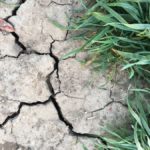
April was a month of virtually no rain, a month which marked a transition from waterlogged fields and paths of mud to iron-hard, bone-dry cracked earth. The garden turned to dust and needed watering every day. The garden…always a preoccupation, but in this month of isolation it became a daily ritual, a guardian of sanity, a saving grace, and a promise of the future. The present circumstances convince me more than ever of the necessity of growing my own food.
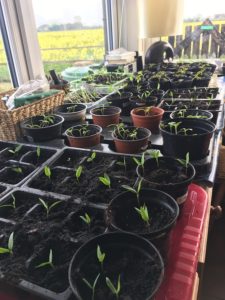
The beauty of the spring garden lifts the heart and soul when the news is grim:
It is of course impossible not to reflect on what is happening beyond the bounds of my eremitical existence. Although nobody living has experienced anything like this pandemic, it seems there is little new under the sun. Daniel Defoe, who was only five during the Great Plague of 1665, wrote his “Journal of a Plague Year”, based on contemporaneous accounts. It sounds so familiar: “The infection was propagated insensibly, and by such persons as were not visibly infected, who neither knew whom they infected or who they were infected by.”
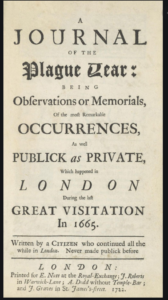
And again:
” And finding that I ventured so often out into the streets, he (a friend) earnestly persuaded me to lock myself up and my family and not to suffer any of us to go out of doors that we could keep within doors entirely…And here I must observe again, that this necessity of going out of our houses to buy provisions was in a great measure the ruin of the whole city; for the people catched the distemper, on these occasions, one of another.”
The face of London, Defoe tells us, was “strangely altered,” and Pepys, who was an eye-witness, marvels at how empty the streets were, before deciding it might be more prudent to stay at home:
“But now, how few people I see, and those walking like people that have taken leave of the world…. I to the Exchange, and I think there was not 50 people upon it and but few more like to be, as they told me, Sir G Smith and others. Thus I think to take Adieu today of London streets ….”
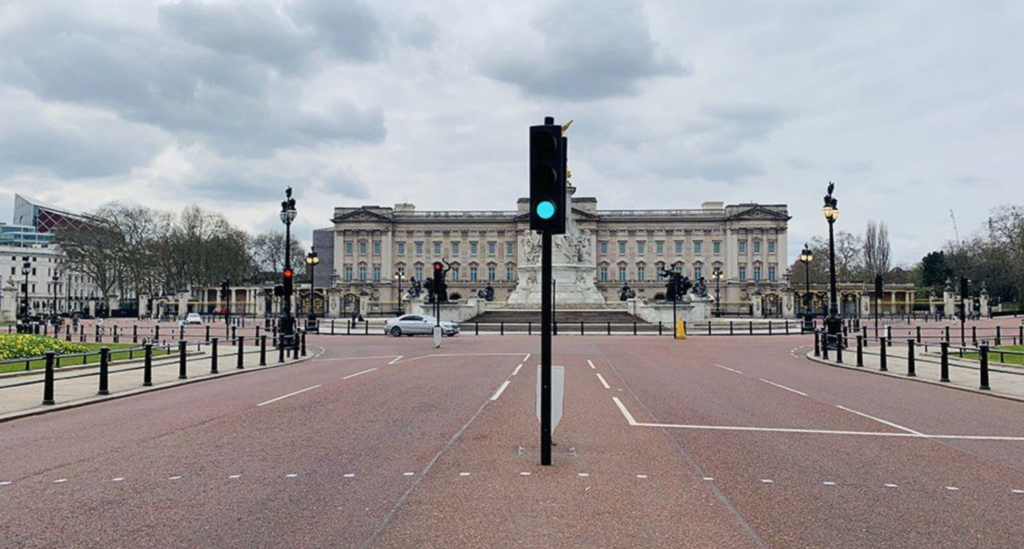
I myself have been out very little. I have no need. But on the rare occasions I have driven anywhere (out of necessity to the vets for the quarterly flea and worm treatment) I marvel at the empty roads. I drove six or seven miles and saw one car. Spooky, weird, disquieting, the end of days.
I have no need to move from the confines of house and garden because I have kind friends who bring shopping. I don’t need much. I am so blessed: I have a well-stocked larder, home-grown produce still in my freezer, and I am still working my way through a big No-Deal-Brexit Box amassed at the end of last year when it looked as though there could be shortages. There could still be, for in the focus on the present pandemic we edge, blindly and seemingly inexorably, to a situation where no trade deal with the EU can be secured before the end of the year.
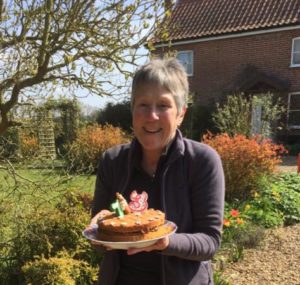
And friends have brought cake and chocolate, exchanged at the gate – two metres apart – for eggs and plants. There were Easter eggs, too. I grow tubby, and there is no-one to see. Hard to have the grace always to receive and accept, and not to be out and doing. I think of Calais where refugees now go without hot meals or the means to keep themselves safe, and where the clearances and brutality continue. Watch and pray, send money. It is so passive.
The fragrance of the rape field beside the house swirls round the garden, vying with the lilac. It has been the most poignant and beautiful of springs.
April 2020 will be remembered by us all. I can do nothing to alleviate the suffering that surrounds us, save to stay – obediently – at home, protect the NHS and save lives. Watch and pray.

